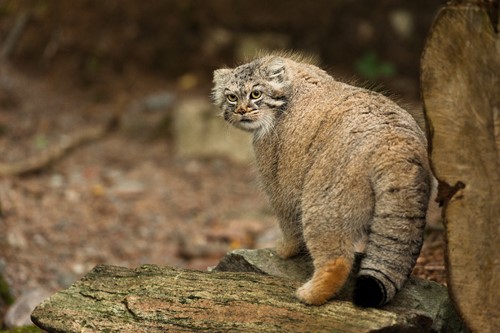Nature knows no borders
A new UN report shows that the world's migratory animals are finding it increasingly difficult to survive. Last week, world leaders, scientists and experts met at CMS COP14 in Samarkand, Uzbekistan on a UN meeting on the Convention on the Conservation of Migratory Species of Wild Animals.
The main threats to migratory species are human exploitation and the disappearance of their habitats. Climate change, environmental degradation and invasive animals and plants are also worsening the situation.
Central Asia is home to several species of wildcats, all of which are specially adapted to their particular habitat, making them perfect flagship species when it comes to the conservation of cats, their prey and the delicate ecosystems they live in.
The charismatic Pallas's cat is one of the species that has been affected and was now about to be included in the convention. On Thursday it became clear that the species will be protected. An extremely important step in the conservation of the species.
It is a cross-border cooperation that has led to the Pallas's cat now being included in the CMS. The PICA team has done a fantastic job together with representatives of the governments of Kazakhstan and Uzbekistan as well as the IUCN SSC Cat Specialist Group and the Manul Working Group.

Pallas's cat at Nordens Ark. Photo: Marie Mattsson


